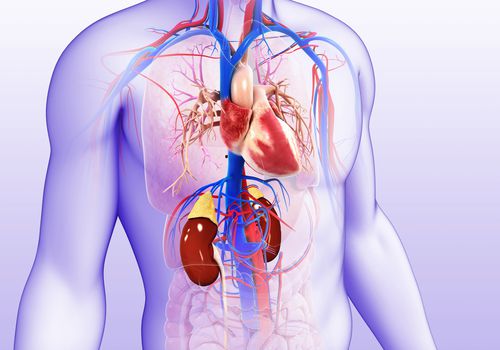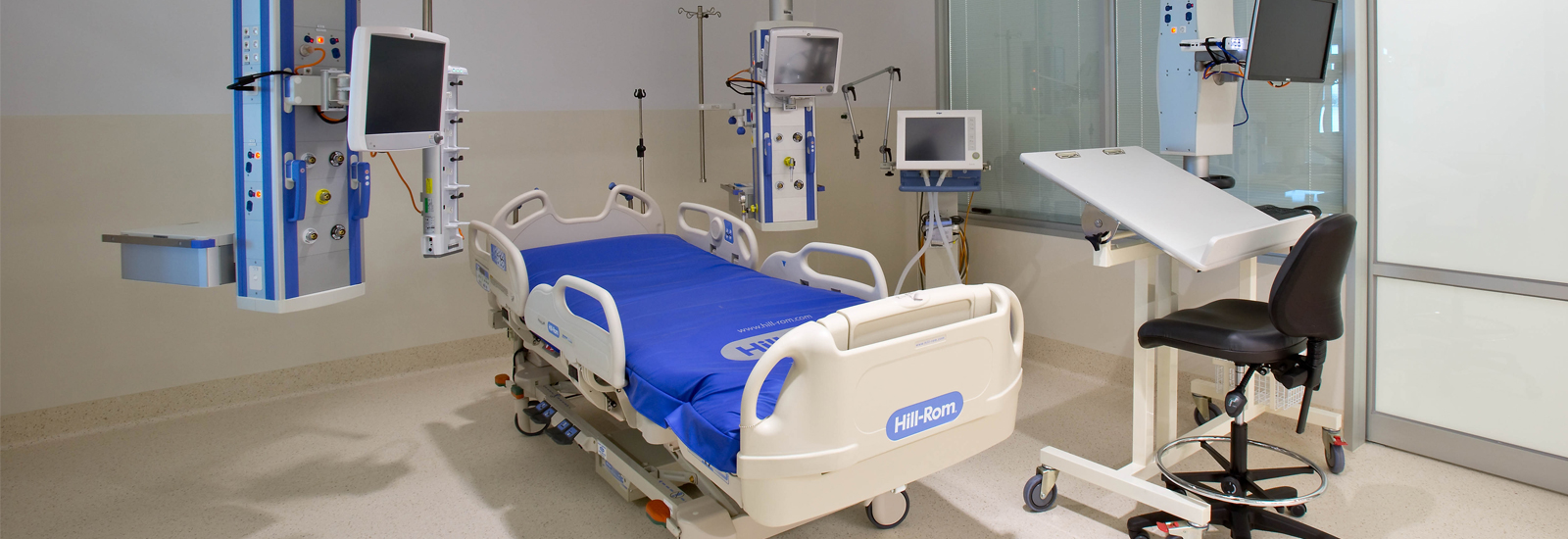
By Samuel Oamen
Kidney failure occurs when your kidneys stop working and can no longer do their job. Your kidneys filter waste and extra fluid out of your blood so they can be removed from your body through urine.
If you think you might have kidney disease, it’s important to see your doctor for evaluation. Getting an early diagnosis and treatment can help slow the progression to kidney failure.
Here are tips for preventing kidney failure:
1. High blood pressure and diabetes are the most common causes of kidney failure. Many of the prevention tips are related to managing these two conditions.
i. Manage your blood sugar
Diabetes increases your risk for heart disease and kidney failure. That’s just one reason to manage your blood sugar.
ii. Manage your blood pressure
High blood pressure can increase your risk for heart disease as well as kidney failure.
2. Maintain a healthy weight
Obesity can increase your risk for conditions associated with kidney failure, such as diabetes and high blood pressure.
3. Eat a heart-healthy diet
A heart-healthy diet — one low in sugar and cholesterol and high in fiber, whole grains, and fruits and vegetables — helps prevent weight gain.
4. Reduce salt intake
Eating too much of salt is associated with high blood pressure.
5. Drink enough water
Dehydration reduces blood flow to your kidneys, which can damage them. Ask your doctor how much water you should drink per day.
6. Limit alcohol
Alcohol increases your blood pressure. The extra calories in it can make you gain weight, too.
7. Don’t smoke
Smoking reduces blood flow to your kidneys. It damages kidney function in people with or without kidney disease.
8. Limit over-the-counter pain medication
In high doses, nonsteroidal anti-inflammatory drugs (NSAIDs), such as aspirin, ibuprofen, and naproxen, reduce the amount of blood flow to your kidneys, which can harm them.
9. Reduce stress
Reducing stress and anxiety can lower your blood pressure, which is good for your kidneys.
10. Exercise regularly
Exercises such as swimming, walking, and running, can help reduce stress, manage diabetes and high blood pressure, and maintain a healthy weight.







